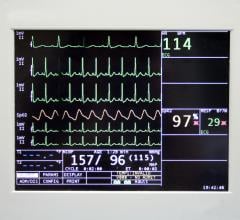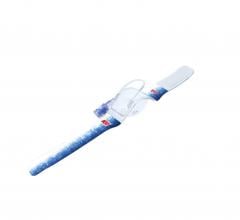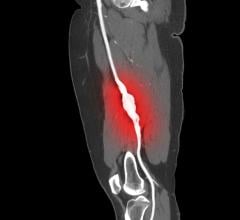
Until recently, cardiologists trying to diagnose and treat arrhythmias have had to deal with technological limitations ...
Use of the Internet of Things (IoT) is booming, with IHS Markit forecasting there will be 73 billion connected devices in use around the world by 2025. IoT technology has moved beyond speakers and smart fridges and is increasingly being utilized for critical applications across the healthcare industry like insulin delivery devices, connected inhalers and even cancer treatments.
In the near future, doctors may be able to apply artificial intelligence (AI) to electrocardiogram data in order to measure overall health status, according to new research. The study was published in Circulation: Arrhythmia and Electrophysiology, a journal of the American Heart Association.
Cardiac PET/CT represents a major advancement in cardiovascular diagnostics, offering significant clinical and ...
Atrial fibrillation, or Afib, kills about 130,000 people worldwide every year. It also affects 3 to 6 million people in ...
Merit Medical Systems Inc. announced the U.S. commercial launch of the PreludeSync Evo radial compression device. The PreludeSync Evo is a sterile, single-use, disposable device used to assist in gaining hemostasis of the arterial percutaneous access site following catheterization procedures.
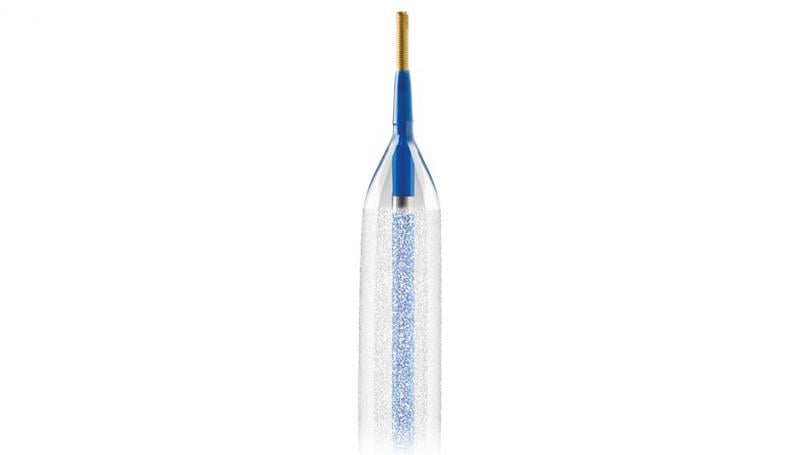
The U.S. Food and Drug Administration (FDA) released an updated MedWatch Alert this month on the safety of paclitaxel-coated devices used to treat peripheral artery disease (PAD) following its review of long-term follow-up clinical data. The agency said five-year results from three randomized trials showed an increased mortality rate in patients treated with these devices compared to those treated with uncoated devices. While these data provide reason for caution, the FDA noted that the devices still provide documented short-term benefits, and healthcare providers should consider all options for their PAD patients.
SPONSORED CONTENT — Studycast is a comprehensive imaging workflow system that allows healthcare professionals to work ...
AtriCure Inc. announced it has received U.S. Food and Drug Administration (FDA) 510(k) clearance of additional labeling claims for AtriClip left atrial appendage (LAA) management devices. These include changing the indication from occlusion of the LAA to exclusion, and also adding electrical isolation as a labeling claim.
A new 3-D magnetic resonance imaging (MRI) computing technique developed by scientists in WMG at the University of Warwick focuses on hierarchical template matching (HTM) to diagnose cardiac disease without the use of gadolinium contrast. The technique is explored in an article in the journal Scientific Reports.
Imagine there were a drug that you could take soon after a heart attack that could reduce damage by protecting healthy heart muscle tissue.
Providing exceptional cardiovascular care for patients to achieve the best possible outcomes is the number one goal for ...
Lenox Hill Hospital (New York, N.Y.) has established a brand new Heart Rhythm Center dedicated to the treatment of heartbeat abnormalities. The facility, which includes a brand new procedural laboratory, will offer patients a state-of-the-art program delivering cutting-edge electrophysiology procedures, including complex ablations, minimally-invasive pacemaker and defibrillator implantations, and structural interventions. The space also includes a newly renovated reception area and a comfortable, tranquil waiting room for patients’ families and friends.
Concept Medical was recently granted Breakthrough Therapy designation by the U.S. Food and Drug Administration (FDA) for below-the-knee (BTK) use of its MagicTouch drug-coated balloon catheter (DCB) for the treatment of peripheral artery disease (PAD). The company is now in a position to potentially disrupt this market and become a threat to larger manufacturers that have an established presence in the peripheral space, according to data and analytics company GlobalData.
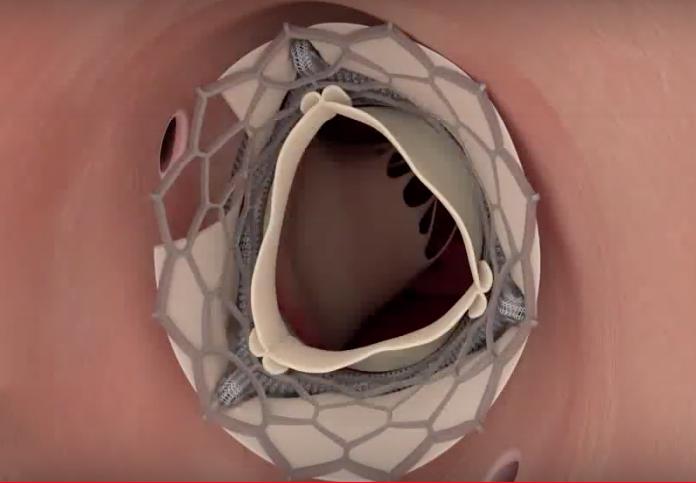
A novel technique has proven successful in preventing coronary artery obstruction during transcatheter aortic valve ...
Cardiac positron emission tomography (PET) is growing in popularity among cardiologists because it provides the ability ...
Ultrasound imaging company Terason has partnered with DiA Imaging Analysis, provider of artificial intelligence (AI)-based solutions for ultrasound analysis, to provide its cardiac solutions on Terason's point-of-care ultrasound devices.
Areas with a higher number of fast food restaurants have more heart attacks, according to research presented at the Cardiac Society of Australia and New Zealand (CSANZ) 2019 annual meeting, Aug. 8-11 in Adelaide, Australia. The study also found that for every additional fast food outlet, there were four additional heart attacks per 100,000 people each year.
Patients with peripheral artery disease (PAD) were significantly less likely to face amputation after surgical intervention if they were on statin medications, according to a newly released report in the Journal for Vascular Surgery.1 Those patients also had fewer deaths over the 88-month review period.

 August 30, 2019
August 30, 2019

